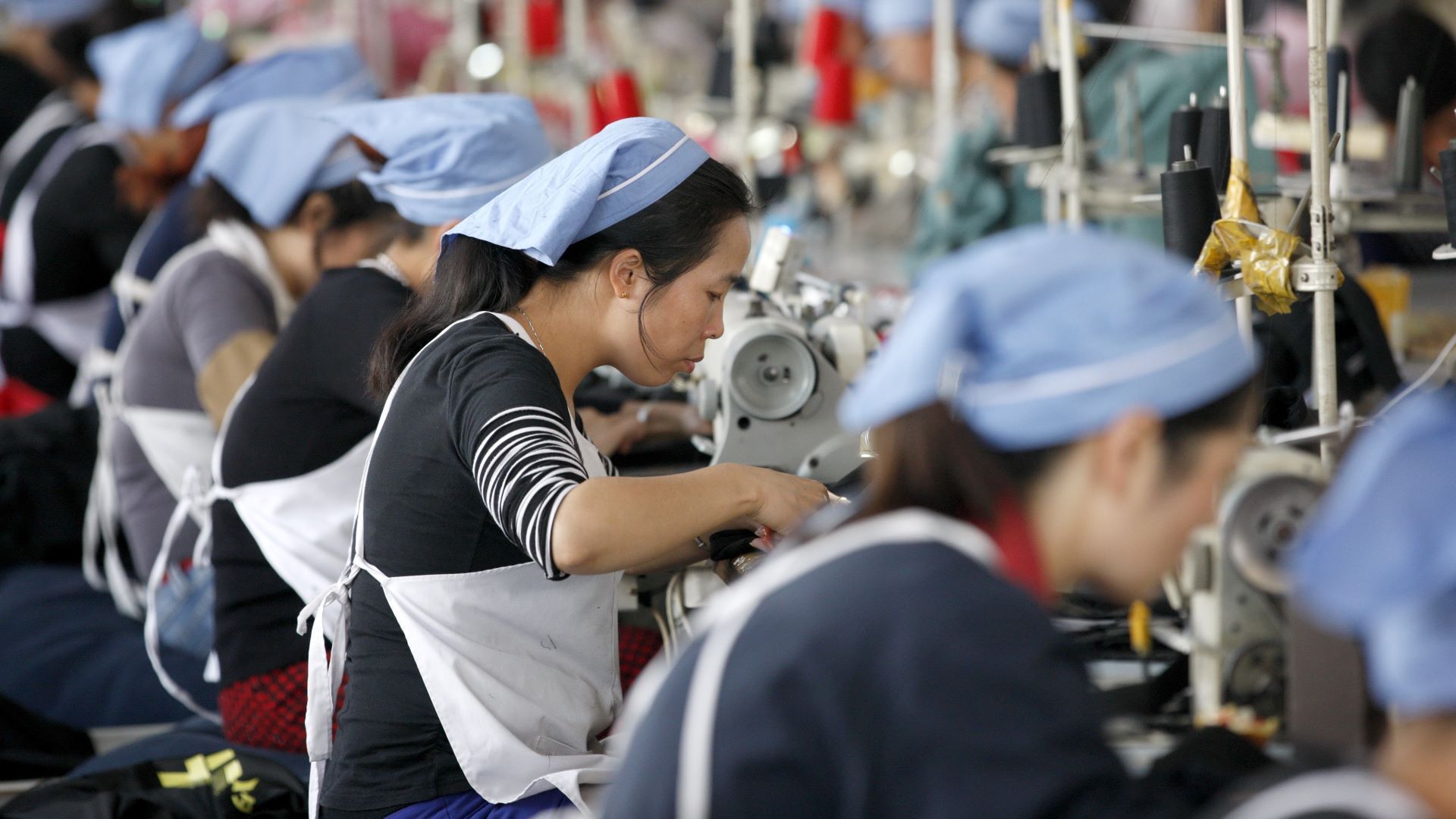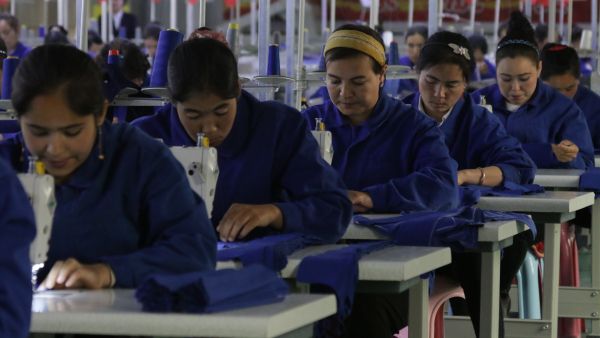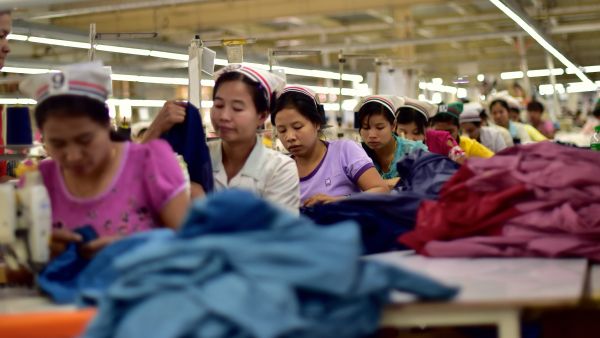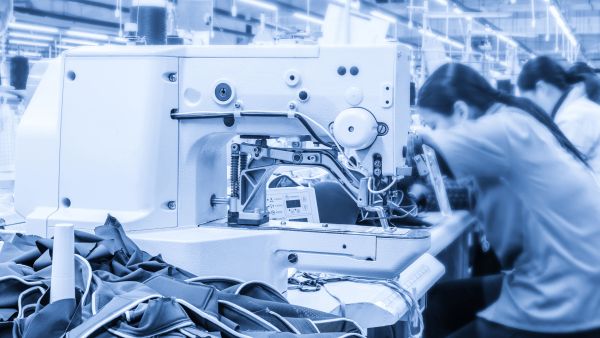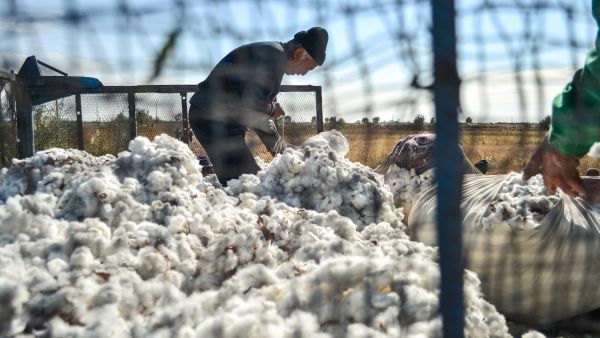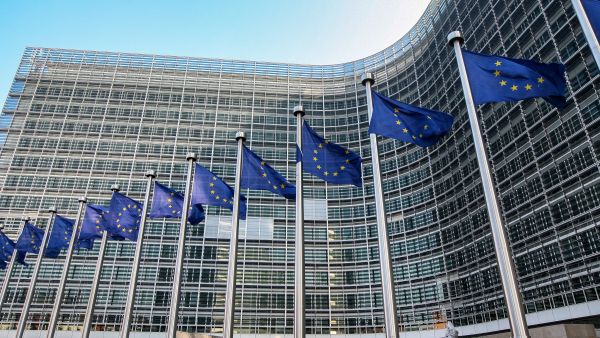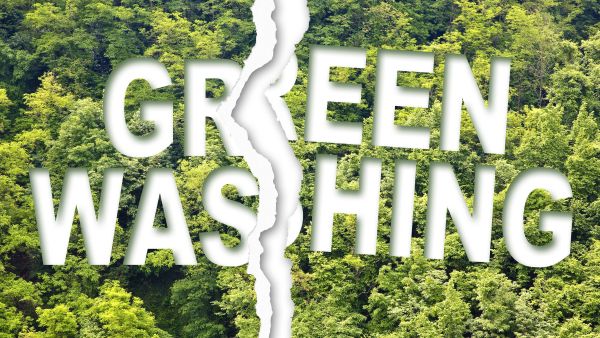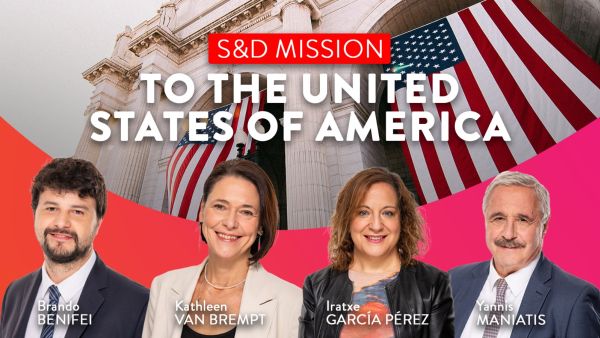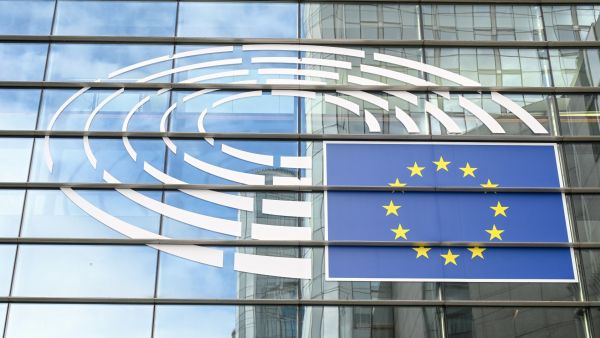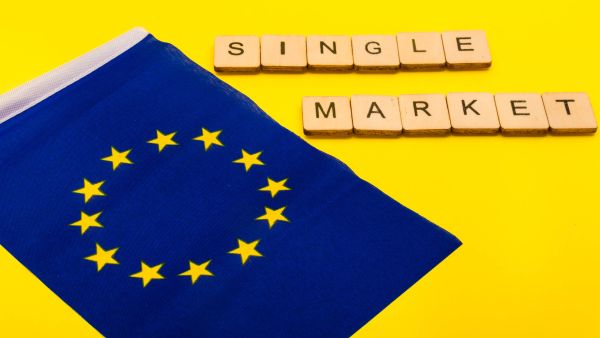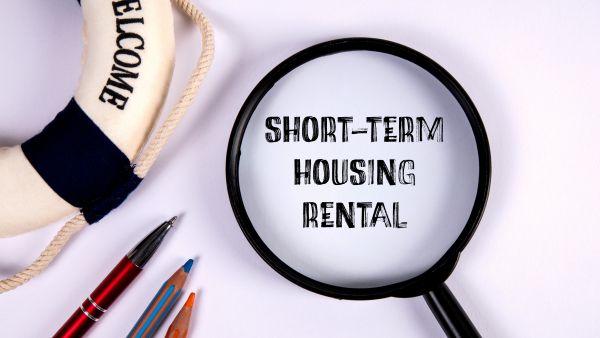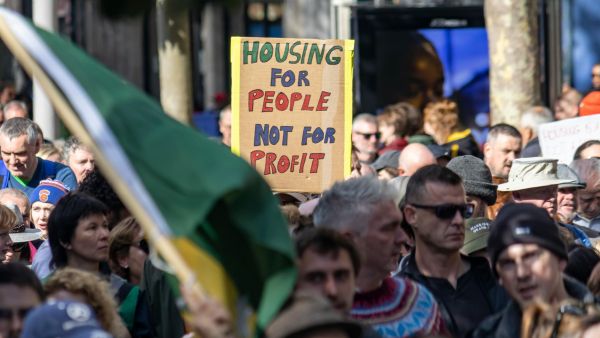Europe cannot export values and import products made with forced labour. The fact that the European Union finally has a law to ban such products on the EU market is one of the biggest achievements of this legislature, and a victory for the progressive forces in the European Parliament. Now, we must ensure it is well implemented and working. Shirts, shoes, or cars made by enslaved Uyghurs, Turkmens, or forced workers anywhere, should not be sold in our shops anymore.
One would think slavery is a thing of the past, but it is not. Take, for example, Turkmenistan, which is the 10th-largest cotton producer in the world and one of the most closed and repressive regimes that rarely catches media attention. Each year, during the cotton season from August to December, the government forces tens of thousands of public and private sector workers to pick cotton.
Ruslan Myatiev, one of these victims speaking at our Brussels event on forced labour, told us: “Teachers and doctors are forced to pick up cotton until the last ball under different threats, including termination of employment. People are transported in open trucks or tractor trolleys just like cattle. Upon arrival, they are forced to pick up 20 to 30 kilograms of cotton. On average, they have three days of cotton shifts in a week.” Now a journalist and human rights defender, Myatiev lives in the Netherlands, where he gained asylum, and runs Turkmen.news, an independent investigative news portal. “The government claims that cotton is harvested by machines and volunteers, but it’s a lie. The secret police seek to silence our monitors documenting forced labour. They fabricate criminal cases against them and send them to prison for many years.”
Today, around the globe, 28 million people are trapped in the hands of human traffickers, or sometimes States, who force them to work for little or no pay. 12% of them are children. This business of human misery is thriving despite international efforts to end it. Almost 100 years after the adoption of the historic Forced Labour Convention (1930), the International Labour Organisation (ILO) estimates that forced labour generates €217 billion per year of illegal profits – a dramatic increase of 37% since 2014. It is comparable to an economy of that from Portugal.
There are big chances that the t-shirt you wear was made out of cotton tainted by human rights abuse, without you even knowing this. If it was not harvested in Turkmenistan, it may be from the Xinyang region in China, where more than 2 million people, mainly Uyghurs, are estimated to be at risk of forced labour. They are forced to work in labour-intensive sectors, where they not only harvest cotton or tomatoes, but also assemble toys, furniture and electronics, sew garments or process polysilicon.
How do forced labour goods end up in EU shops? In the case of Turkmen cotton, some EU countries like Poland or Italy directly import Turkmen yarn, but often it enters the supply chains of brands retailing in the EU through third countries including Turkey, China, and Pakistan. It is unacceptable that some European brands and companies are complicit. But make no mistake – forced labour is everywhere, also within the European Union, where according to the ILO, the majority of 1.3 million victims of forced labour in 2018 were migrants from one EU Member State to another.
Now, we have a historic opportunity to fight modern slavery, both in the European Union and worldwide. After years of civic mobilisation and political battles, after months of difficult negotiations, the EU will have the first-ever European law to ban products made with forced labour being sold on the EU market. It’s high time. The US and Canada already have their legal instruments.
For us, the S&Ds, it is definitely a reason to be proud. We had asked for this new law as a group, then we led the process in the Parliament and we reached a deal. Have no doubt – at the beginning, the Commission was very reluctant. When it finally yielded to our demand and presented a legislative proposal, many conservatives in the European Parliament tried to delay it, and water it down.
The final agreement reached with the EU Member States is not as ambitious as we would have wanted, but is a good one. We have agreed on a robust instrument where the Commission will carry out investigations for suspected cases of forced labour outside the EU, while the competent national authorities of the 27 Member States will deal with suspected cases of forced labour inside the EU. If the investigation concludes that forced labour has been used, the authorities will order the relevant goods to be withdrawn from the EU market and online marketplaces, and be confiscated at the borders. The goods will then have to be donated, recycled, or destroyed. At our request, the Commission will establish a database with a list of specific economic sectors in specific geographic areas where state-imposed forced labour takes place. It will be used to assess the need to open an investigation.
This new law is product-based, not company-based, meaning that all companies will have to comply with the ban if forced labour is detected at some step in their supply chain. This is definitely good news for all companies that suffer from unfair competition from companies that use forced labour.
However, for the law to be effective it must be properly implemented. We must make sure that the relevant authorities and the EU Commission have sufficient resources to carry out new tasks, including inspections in third countries. The cooperation with our international partners, particularly the US and Canada, will be essential to prevent operators who are blocked by one country, selling their forced labour products somewhere else.
The final vote by the European Parliament on this new law will take place next Tuesday. During this last plenary of this mandate, we will also vote on new corporate sustainability due diligence legislation. It will require companies to undertake human rights and environmental checks in their value chains. It is another law, which we successfully led the fight for. Both laws will be complementary, making sure that workers’ rights and environmental standards are at the heart of international trade.
Maria-Manuel Leitão-Marques is S&D MEP and European Parliament co-rapporteur of the forced labour ban in the committee on the internal market and consumer protection (IMCO). Bernd Lange is S&D MEP and chair of the international trade committee (INTA).

